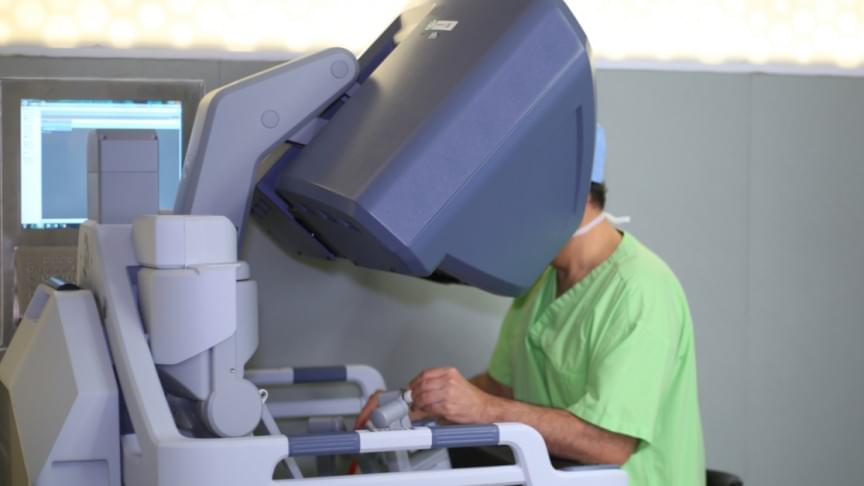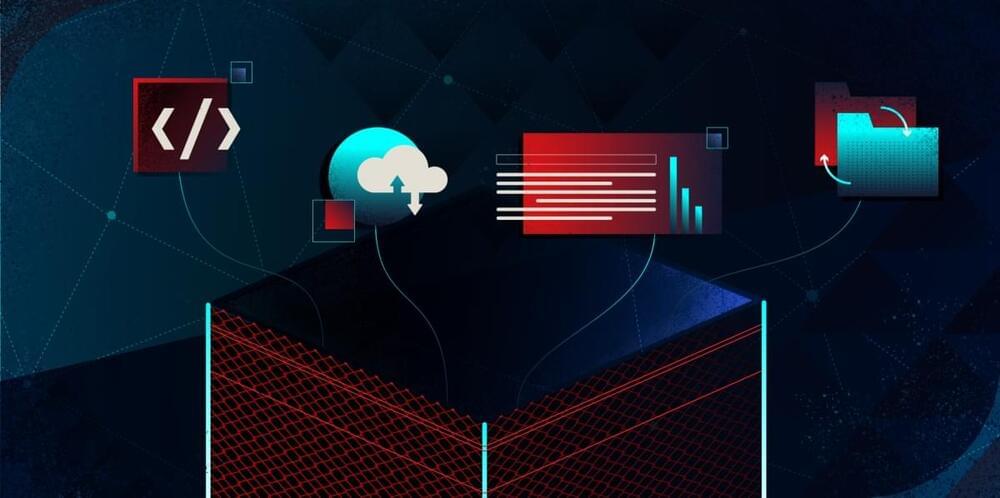Connecting & enabling a smarter planet — alistair fulton, VP, wireless & sensing products, semtech.
Alistair Fulton (https://www.semtech.com/company/executive-leadership/alistair-fulton) is the Vice President and General Manager of Semtech’s Wireless and Sensing Products Group.
Semtech Corporation is a supplier of analog and mixed-signal semiconductors and advanced algorithms for consumer, enterprise computing, communications and industrial end-markets. It has 32 locations in 15 countries in North America, Europe, and Asia.
Semtech is the developer of LoRa, a long-range networking initiative for the Internet of Things. As of March 2021, over 178 million devices use LoRa worldwide. LoRa has been used in satellites, tracking of animals, and natural disaster prediction.
Mr. Fulton joined Semtech in 2018 with over 25 years of experience in the Internet of Things (IoT), connected devices, machine to machine (M2M)/embedded, and analytics spaces.







